‘China ain’t hurting’: Truth behind Aussie beef find in China
An American has found a surprising Aussie product inside an up-market supermarket in China. Here’s why it could be great news for our economy Down Under.
An American living in Shanghai has declared “China ain’t hurting” from Donald Trump’s tariffs after spotting premium Australian Wagyu beef inside a Chinese supermarket.
The US has been locked in a tit-for-tat trade war with China – which was excluded from Mr Trump’s 90-day pause on some of his most severe tariffs on “Liberation Day” on April 2.
Instead, China was slapped with 145 per cent tariffs on US goods, with the nation hitting back with 125 per cent tariffs on the US.
Now, as Chinese buyers look elsewhere for goods amid hefty levies, it appears Australia is helping fill the gap.
Earlier this week, an American living in China was caught by surprise when he stumbled upon Australian Wagyu beef in a high-end Shanghai grocery store for $46 CYN (about $9 AUD).
“I was going to buy some meat for dinner tonight and I was going to get some ground beef, so what used to be here is American ground beef and now … it says Australian ground beef,” American content creator Garrett said on his TikTok page The Foreigner Life.
Garrett argued the move to Australian beef indicated US tariffs aren’t heavily burdening the Asian superpower – the world’s largest beef importer which only relies on the US for five per cent of its total beef imports.
“The whole idea that China is hurting because of the tariffs, they’re not, because they just buy from other places because they’re not as dependent on the US,” he claimed.
“So China ain’t hurting, and I guess we’re all gonna start eating Australian beef in China now. I’m sure it tastes good so welcome to the new world.”

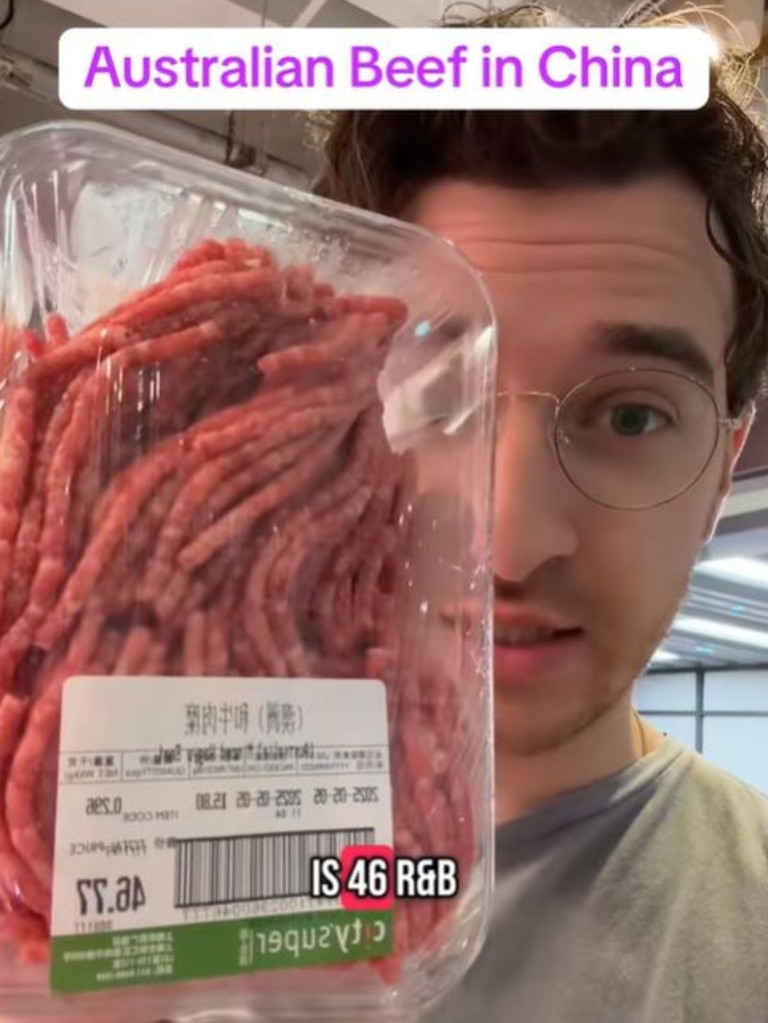
Last year, the US exported $US1.6 billion ($A2.57 billion) worth of beef to China, making it the third largest beef export destination for the US, according to the US Department of Agriculture.
Speaking to news.com.au, Garrett said he welcomed the supermarket’s decision to sell Australian beef.
“Personally, I prefer Australian beef,” he said. “I trust Australia’s regulatory approach, which seems to prioritise quality and safety over profit.”
He said his friends in China have been unfazed by the switch.
“The general reaction among my Chinese friends and colleagues was fairly pragmatic — more of a raised eyebrow and a shrug than any emotional response.”
He added neither himself nor his friends have felt a “direct effect” from US tariffs.
“Few Chinese consumers heavily rely on American-made products, which left many of my friends puzzled by the rationale behind the tariffs,” he explained.
Rise in Aussie beef in China
In recent months, Australia has seen a sharp rise in exports of grain-fed beef to China – which became the largest market for Australian grain-fed beef in late 2024.
In February and March, Australian grain-fed beef exports to China rose to 21,885 tonnes – a 40 per cent increase on the same period last year to 21,885 tonnes, according to Meat and Livestock Australia.
While data on the impact of Mr Trump’s April tariffs on China is so far limited, Angus Gidley-Baird, a senior animal protein analyst at Rabobank, knows of Chinese buyers already moving away from US beef.
“Anecdotally we are hearing that Chinese buyers are starting to switch sourcing away from US beef with Australia being seen as one of the alternative suppliers,” he told news.com.au.
However he said the switch to Aussie beef won’t be immediate.
“We hear that inventory levels in China are reasonable which means it will be a gradual process of transition as the Chinese work through the current stock levels first.”
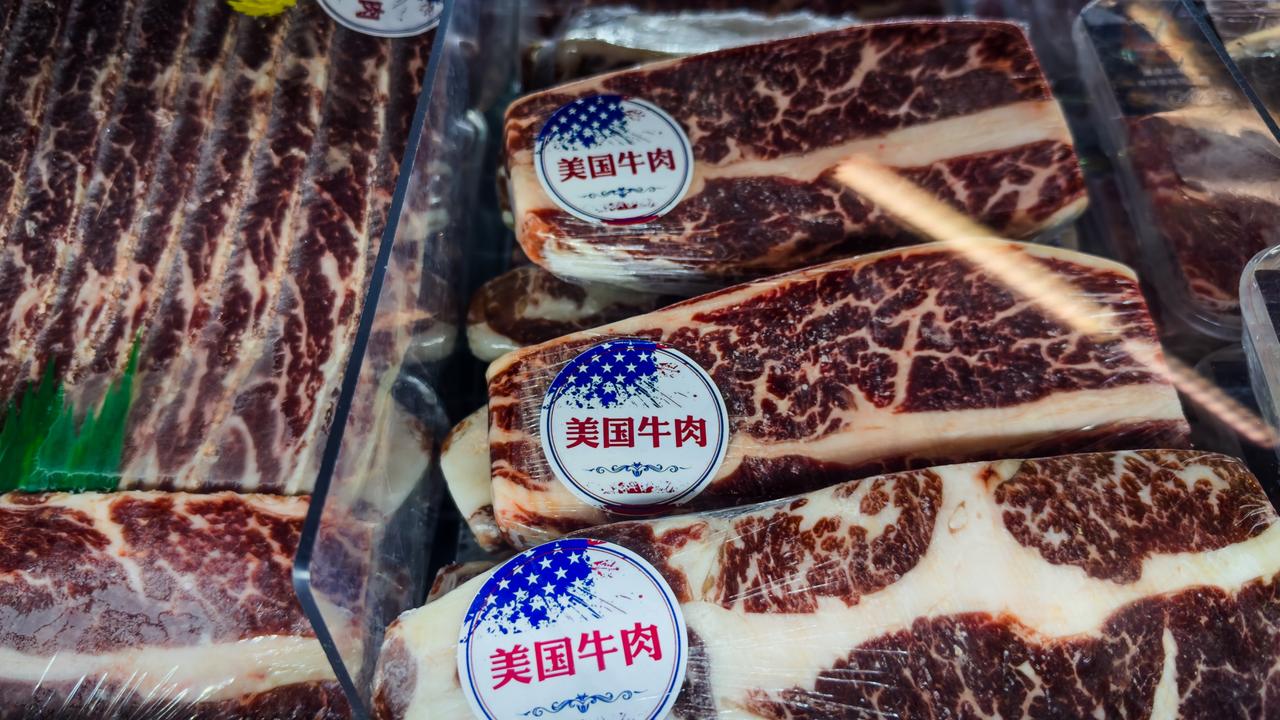
Mr Gidley-Baird said if tariffs on China and the US were to continue, raising the cost of imports, China will further look to Australia and other counties for goods.
“This increased interest from China will be a positive for Australian beef exporters, giving them an opportunity to sell more tonnes.
“Australia’s beef production is historically high at the moment so increased exports will help pull product through the supply chain. The added competition for Australian product may also see an increase in Australian export prices.”
But he warned it might not be all good news for Australia.
“We have to be mindful however of where these US exports may be redirected to. Japan and South Korea are other large export destinations for the US and without tariffs into those countries we may see more US product redirected into these markets.
“These markets are also two of Australia’s largest export markets. So while we may gain into China we may face increased competition into Japan and South Korea.”
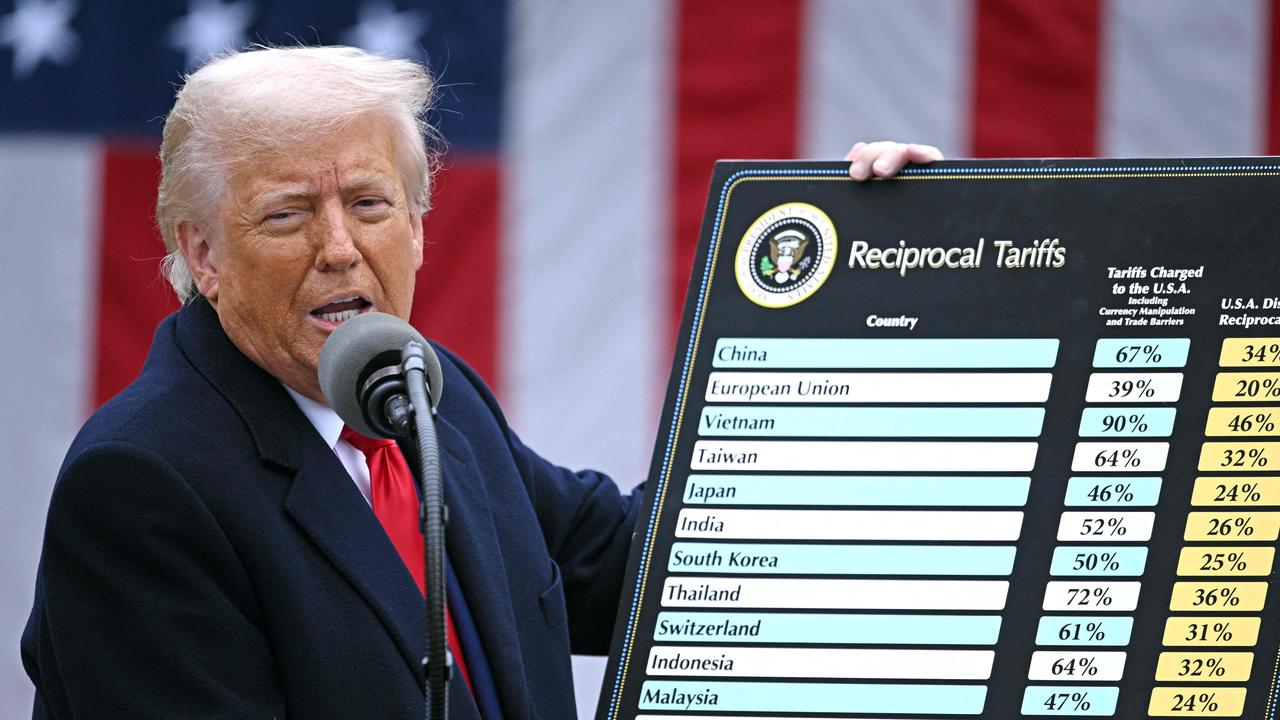
‘Definitely seen a lift’: Aussie meat trader
Mark*, an Australian meat trader operating in Queensland with 15 years experience has already noticed a rise in interest in Aussie beef in China.
“China’s always been a major market for Australian beef and lamb,” he told news.com.au. “They were ranked number one in terms of sheep meats and lamb and mutton … And for Australia, in terms of beef, China makes up about 14 per cent our exports.
“So they’ve always been and have been a major partner, but we have definitely seen a lift since the tariffs and (Donald Trump’s) Liberation Day,” he said, adding it “absolutely provided an opportunity for us as Australians, into China”.
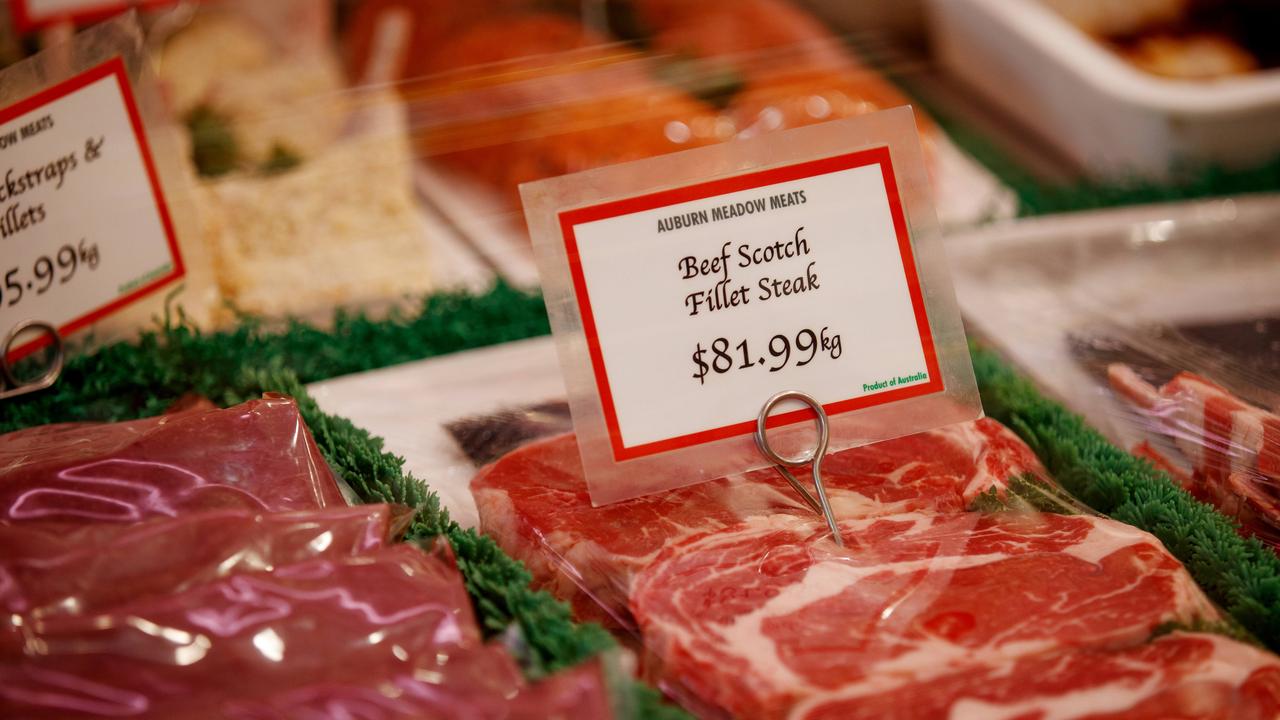
Mark said Australia isn’t the only country China has turned towards for beef.
“Australia alone can’t fill their need. New Zealand, South America, everybody saw that China came looking to other markets to fill that supply.”
Brazil was the largest beef supplier in China in 2024, accounting for over 40 per cent of China’s beef imports.
He said US tariffs have also contributed to an ‘anti-US sentiment’ among Chinese importers of US beef.
“The sentiment among Chinese importers (we work with) … is that there’s a risk associated with the US beef. So we’ve got an anti-US sentiment, not only the tariffs that they face, but they were worried about their exposure to having US meat.”
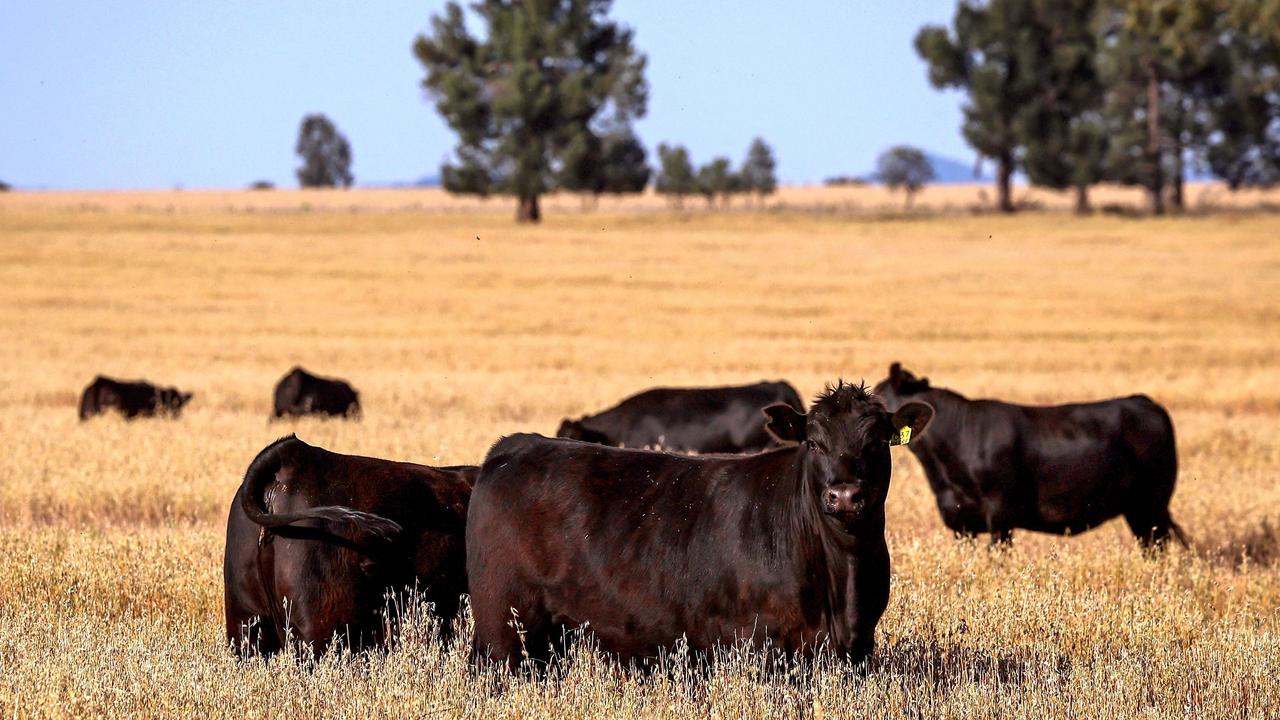
Aussie beef prices rise in Australia
As China and other countries look to Aussie beef, there are warnings it could drive up prices here at home.
“We actually think potentially you’re going to see much higher level of export to other countries that would quite like to fill their US gap with Australian beef,” Australian agroecologist Tammi Jonas told news.com.au last month.
“In buying up the Australian stuff, we can see how prices rise here because if our exports actually increase as a result of this to the other countries, then so do domestic prices increase.”
Ms Jonas likened the issue to Australia’s gas exports.
“Once you have higher exports, you have higher domestic prices … 80 per cent of the gas produced in this country is exported and our gas prices are ridiculously high. We export so much of it that Japan on sells some of it while we say we don’t have enough access. And that’s the same thing that’s happening with meat.”
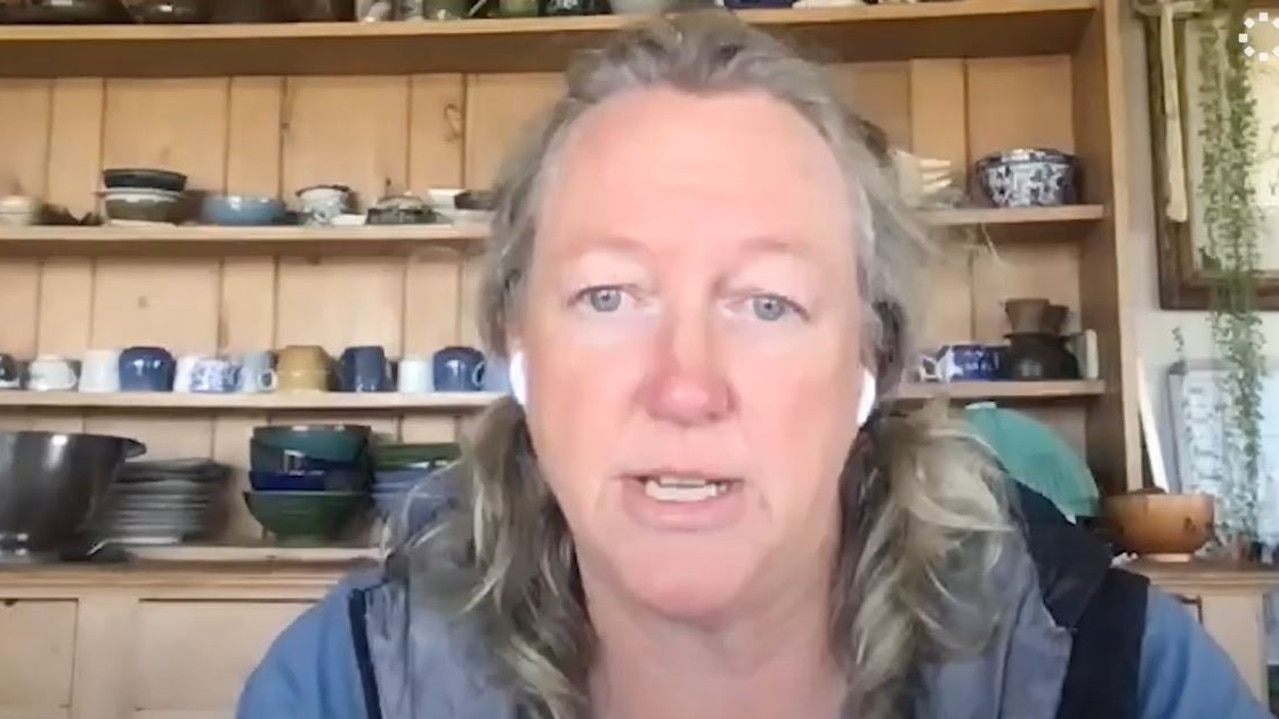
Beef tariff to smash US consumers
With Australia also hit with a 10 per cent tariff on imports into the US, experts forecast Mr Trump’s tariffs could drive up the price of beef for US consumers, including the price of McDonald’s burgers.
In its 2023 shopping list, McDonald’s revealed it had used 44 million kilograms of exported Australian beef in restaurants around the world, not including Australia.
Red Meat Advisory Council independent chair John McKillop told NewsWire that Australia mostly sent America trimmed meat, which was used for beef patty production.
“The only one that really loses out of this is going to be the US consumer and the only one who’s going to gain will be the US cattle producers, so it’s really just an internal transfer of wealth” he said.
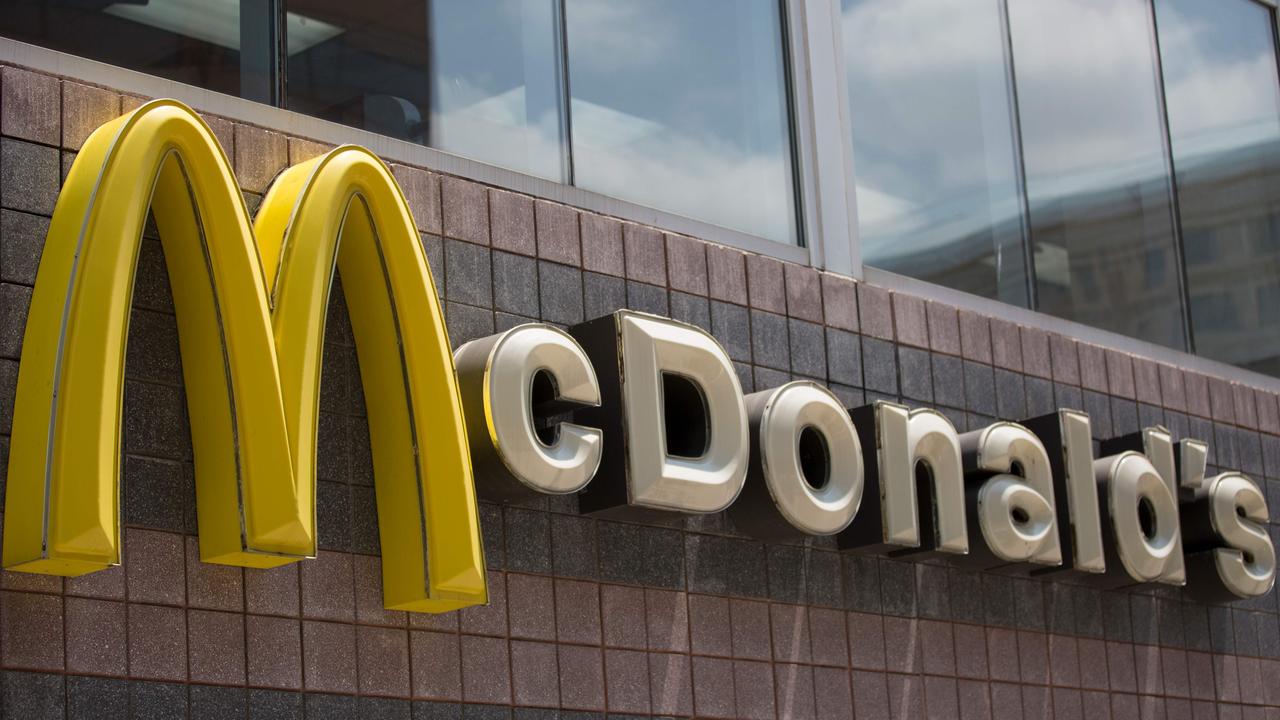
Farmers for Climate Action (FCA) chief executive Natalie Collard said the tariff could see Americans paying more for a Big Mac at McDonald’s.
“This tax on Australian farmers hurts Americans,” she said.
“These tariffs, or taxes, are not ‘reciprocal’; they’re an unprovoked attack on an ally because Australia does not charge US businesses a tax to send products to Australia.”
US and China to hold trade talks
The US and China will hold their first formal trade talks this weekend in Switzerland, over a month after Mr Trump’s levies.
“Their economy is suffering greatly because they’re not doing trade with the US,” Mr Trump told reporters Tuesday.
With questions remaining on the future of US tariffs and Mr Trump’s 90 day pause, Mark said the situation in the beef industry remains “very volatile”.
“Every day is a new day. The situation seems to be constantly changing, definitely it’s put pressure on everybody, and at some point down the line people are going to have to start paying for these tariffs, and there’s going to be costs that has to be absorbed somewhere, unless he (Mr Trump) does backflip.
“But the cost is going to have to be absorbed somewhere, somebody’s going to be paying for it, whether that’s a mix of us, the importers, the consumers, the end users, remains to be seen.”
*name has been changed.






